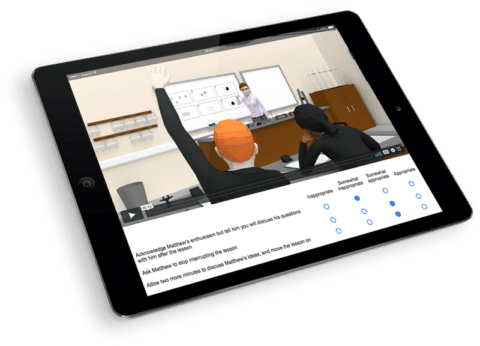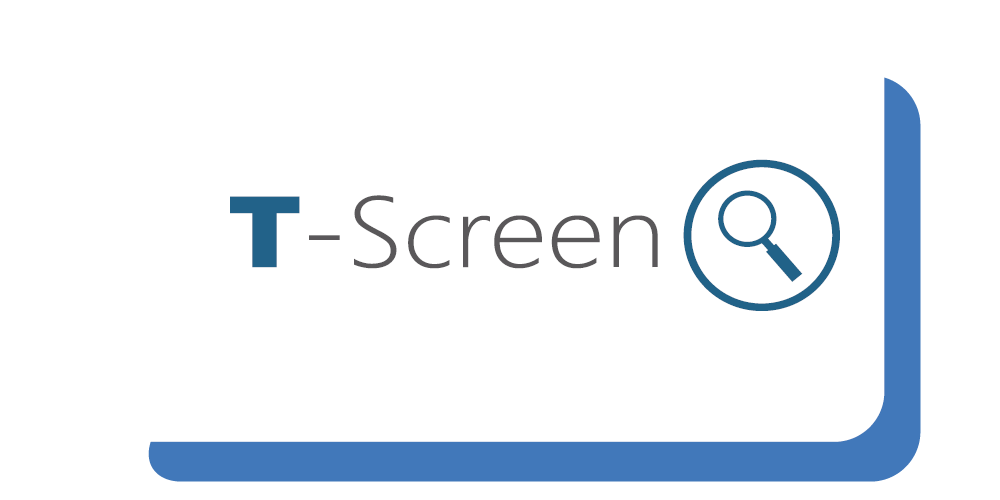Identifying Strong ITE Candidates When On-Site Interviews Are Restricted
June 2020
An important recent development from research on teacher recruitment and selection is that contextualised situational judgment tests (SJTs) are an effective and efficient method for selecting the best possible candidates for ITE.
SJTs are online assessments of candidates’ non-cognitive attributes—the ‘soft skills’ required for teaching, such as adaptability, empathy, and emotion management. The tests present candidates with real-life classroom dilemmas followed by a choice of actions to consider. Candidate response choices are evaluated against optimal responses suggested by a wide range of teachers, teacher educators, and by the thousands of responses collected from previous candidates. SJTs are used for selection into medical education, the civil service, and in business settings
Why use SJTs for selection?
There are three main attractions to using SJTs for selecting teacher candidates:
- There is a strong research base supporting their use (see here for publication list)
- They can be delivered in a secure online environment to large numbers of candidates
- Candidates can see the connection to practice when they take context-rich SJTs, in a way that is not possible with generic personality tests or other measures
How can you use SJTs in your programme?
In ‘normal’ times, SJTs for teacher selection are increasingly used for initial screening or to supplement a range of face-to-face selection activities such as interviews, group tasks, or MMIs (multiple mini-interviews). During the COVID shutdown, SJTs can be delivered online as a ‘triage’ or screening tool to provide an indication of candidates’ potential for teaching, or to supplement other online interview approaches.

Teacher Success
At the Teacher Success Platform (TSP), we have been working with partners in the UK and internationally to develop and test SJTs for the last 5 years, with over 20,000 ITE candidates taking our SJTs. Our results show that SJTs are well-accepted by candidates and programme leaders, show higher levels of predictive validity than other selection methods (including face-to-face interviews), and are easy to implement. Contact us if you would like to discuss using online SJTs tailored to your particular needs.
Find Out More

Find Out More
Make time sensitive offers with confidence using our context-rich Situational Judgment Tests (SJTs) to assess the behavioural characteristics of your candidates and their fit for teaching as a career. Reduce bias in your selection processes and widen the talent pool by looking beyond cognitive attributes.
